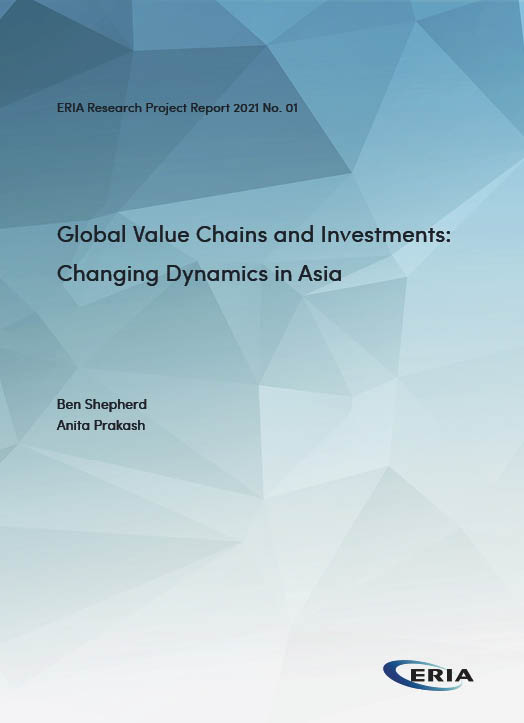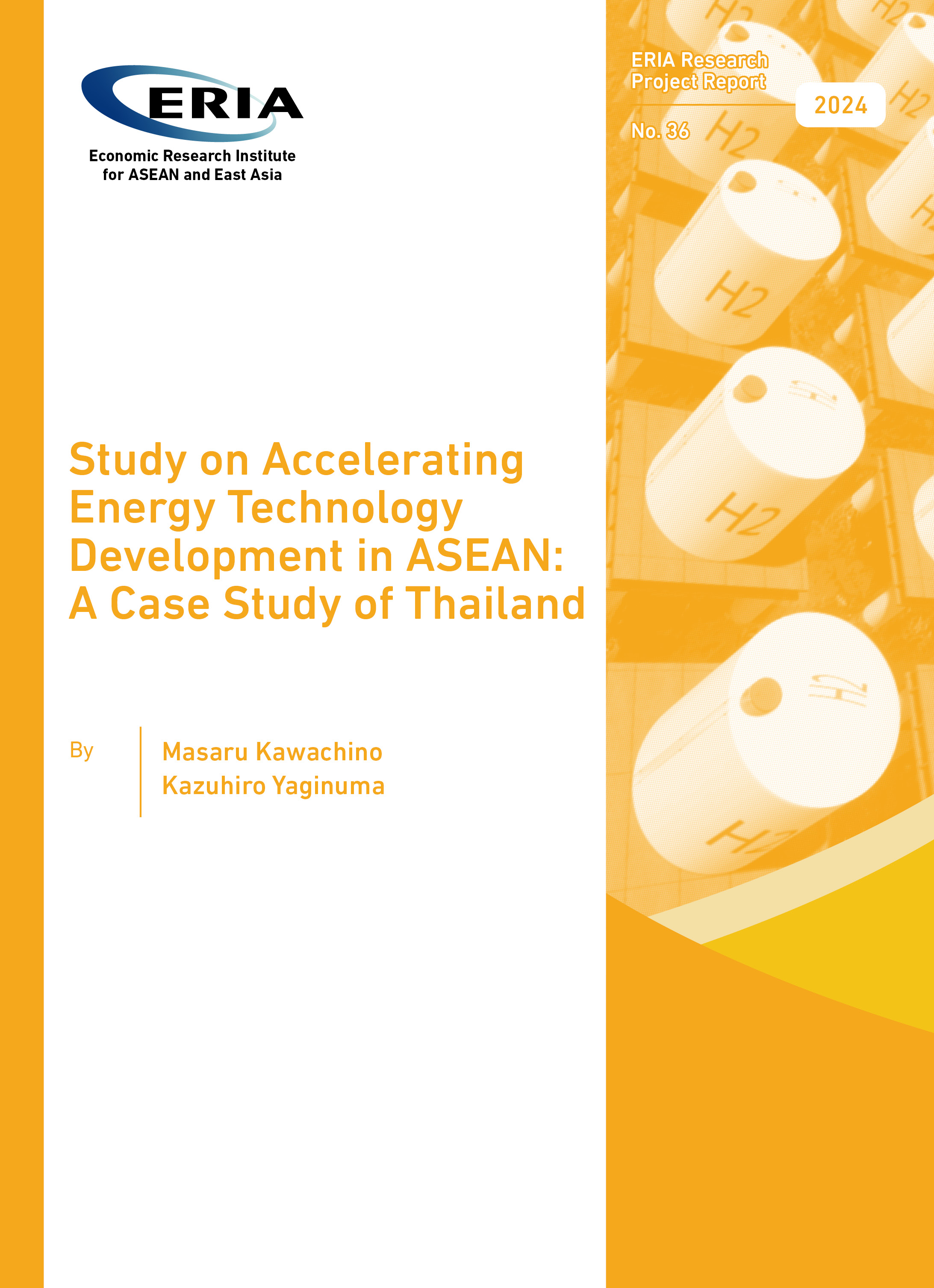Global Value Chains and Investment: Changing Dynamics in Asia

Date:
28 April 2021Category:
Investment, TradeType:
Research Project ReportsTags:
global value chains, Investment, Trade, ASEAN, AsiaPrint Article:
The emergence of global value chains (GVCs) during the last 2 decades has implications in many policy areas, starting with trade, investment, and industrial development. The East and Southeast Asia region are key players in the GVCs and account for 18.4% of the global inward foreign direct investment (FDI) stock. GVCs are becoming increasingly important in the services sectors, although they are still less developed than in manufacturing.
GVC integration since the global financial crisis has continued to increase, but it is still too early to say to what extent GVC integration has been affected by the coronavirus disease (COVID-19) pandemic as rigorous data will only come out with a delay of some years.
Value chains are relatively robust to unexpected changes in trade costs. While the economic shocks related to COVID-19 are indeed severe, the implications of the pandemic are more macroeconomic in nature, with some differences across sectors. The incentive to source goods locally versus using foreign suppliers has not been fundamentally altered.
The policy risk related to reshoring and the change in production locations may also be low. A more likely scenario is targeted interventions in sectors that have assumed particular importance during the pandemic, such as health-related goods and vaccines. Policy responses to the COVID-19 pandemic must recognise the universal nature of the shock. It has affected all countries at essentially the same time, and had broadly similar effects in each of them, at least in its early stages. In this context, trade and investment policies require special review. In the GVC context, trade facilitation can increase backward and forward linkages. Similarly, restrictions on FDI can impair backward GVC participation.
More domestically focused supply chains may not be the right approach to post-COVID-19 GVCs as they are poor shock absorbers. However, supply chain resilience is important for the production of public goods and public health necessities. Any policy intervention must balance the efficiency advantages of GVC production against social objectives.
East and Southeast Asia face a bigger risk in the slow recovery in large, high-income markets of Europe and the United States. Macro-level risks are relatively low, but at a micro level many countries continued use of non-traditional trade policies to introduce de facto discrimination against international suppliers may be a challenge ahead. The major potential change in conditions facing GVCs is the rise of the digital economy; East and Southeast Asia is well positioned to take advantage of these opportunities. Keeping markets relatively open, an effective supplier network, and integrated GVCs are important advantages for Southeast and East Asia in developing the GVCs of the future.
Full Report
GVC and Investment: Changing Dynamics in Asia
Contents
Chapter 2: GVCs and Investment in Asia: Changing Dynamics and Emerging Trend
Chapter 3: Trade and Investment Policies: Shaping the Future of GVCs
Chapter 4: Post-Covid GVCs in Asia




